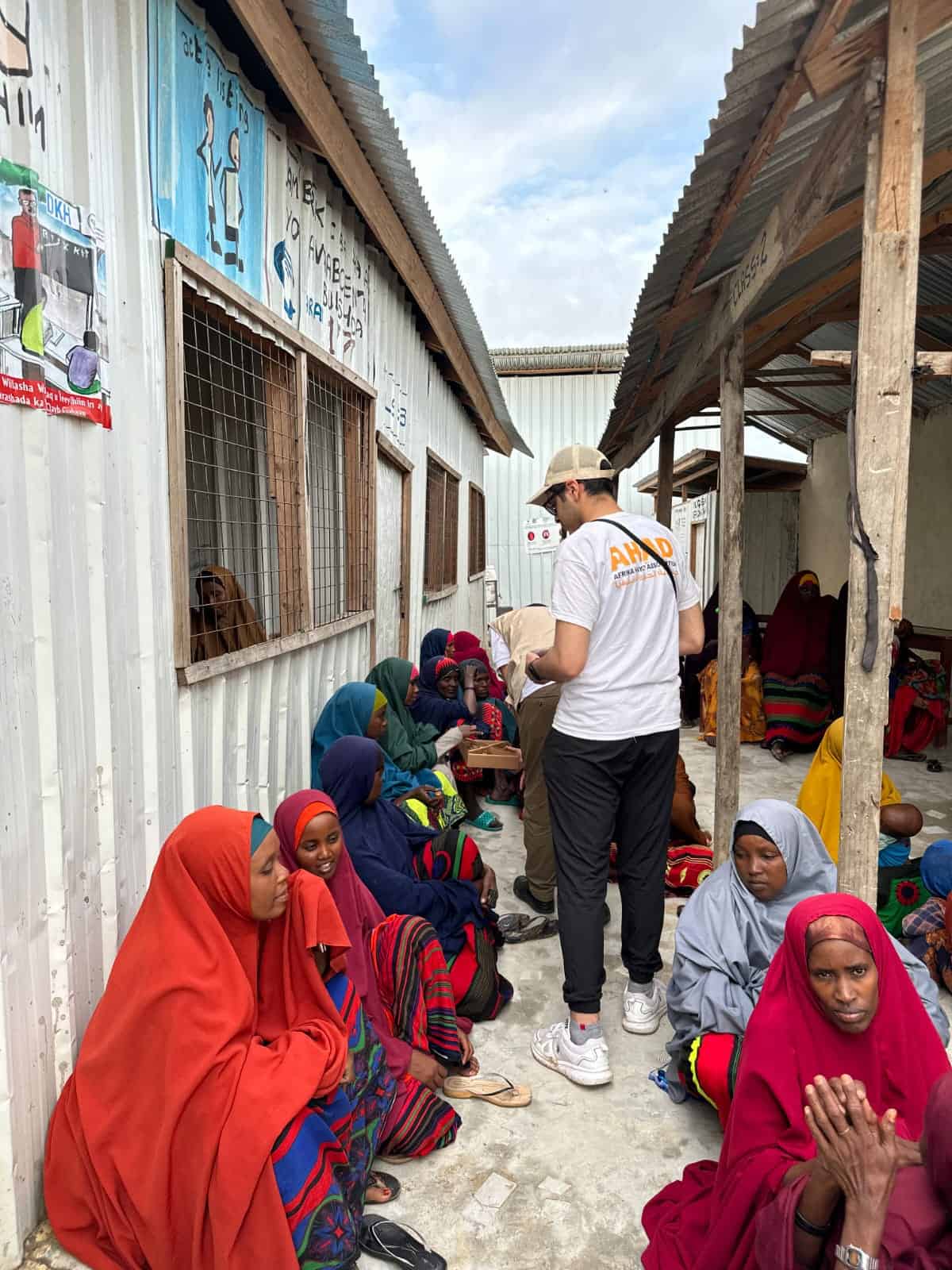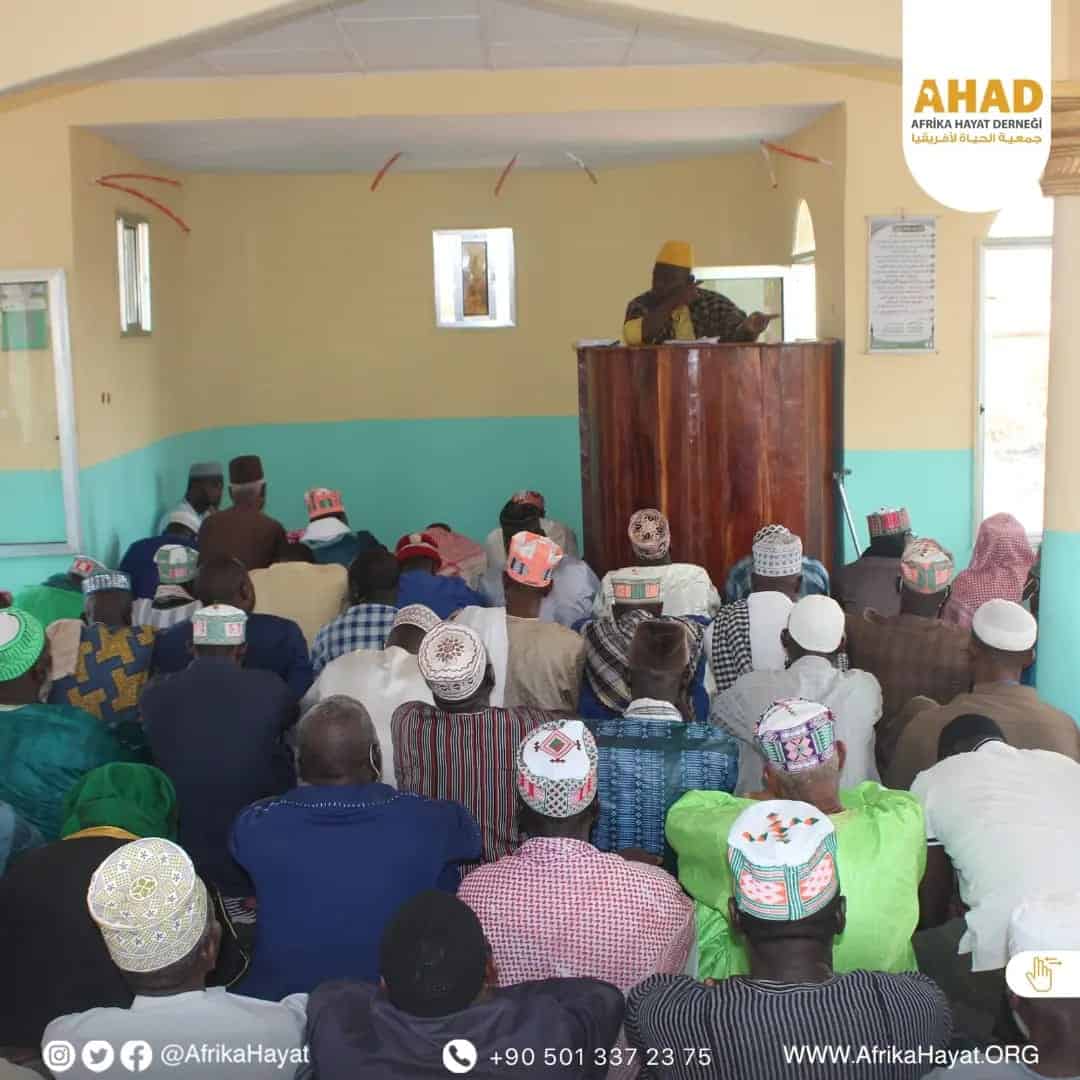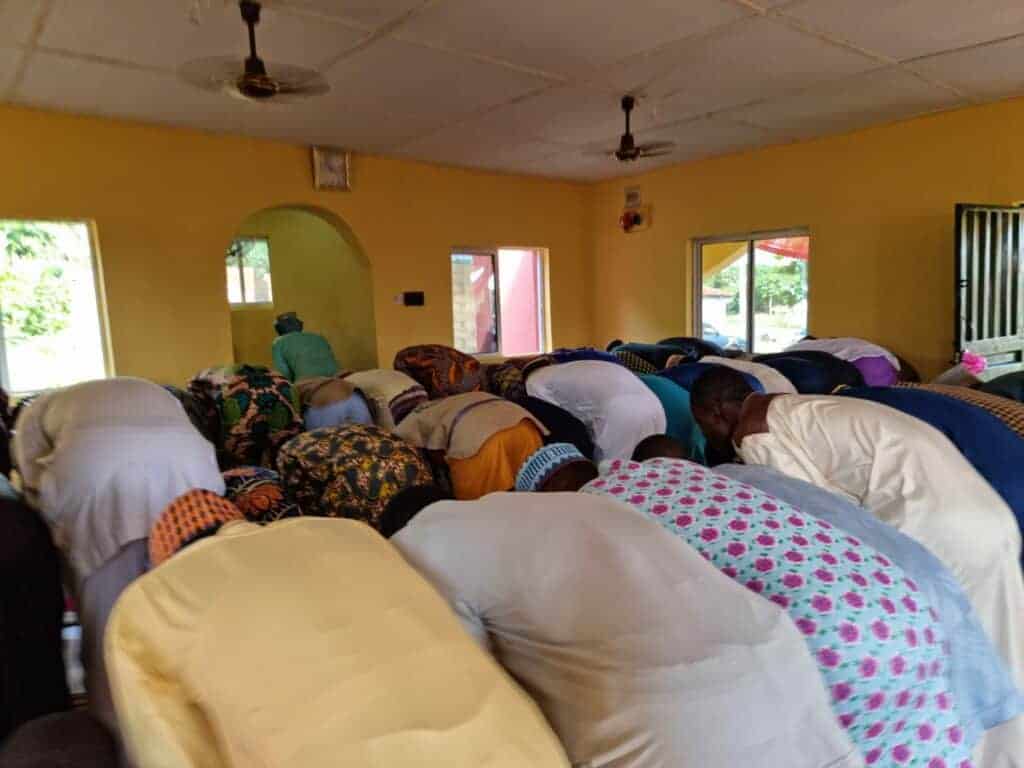Is Benin a poor country
One of the most important areas that people are interested in is the economy, as it governs everyday life and forms the fabric of societies. The world’s population is influenced by the economic situation of their countries, for example, if countries are economically strong they can improve the standard of living, create jobs and increase spending. In general, poverty is one of the most important challenges facing humanity at the moment, as many individuals live below the poverty line, which means not getting the basic and necessary needs that a person needs for a decent life. In this article, we will talk about the country of Benin and the level of poverty in it.
Definition of the economic situation and the level of poverty and their importance
The economic situation refers to the situation in which the processes of production, consumption and distribution take place in society, it is considered one of the main indicators reflecting the health of the general economy. In addition, the economic level of states significantly affects the socio-political and cultural variables by which the life of citizens is influenced. On the other hand, poverty is a major social problem that affects individuals and groups, depriving them of full opportunities to realize their ambitions and is an obstacle to achieving sustainable development.
The economic situation in Benin
History of the economic situation in Benin
The economy of Benin dates back to the pre-colonial period, where the economy was based on agriculture, trade and traditional industry. After colonization, the economy of Benin turned into a dependency economy based mainly on exports of agricultural products, such as cotton, olive palms, cocoa, bananas and pineapples. In recent years, the Beninese economy has undergone significant changes as a result of the diversification of sources of income and Benin’s opening to foreign investments.

Is Benin a poor country
Challenges and difficulties faced by
The Beninese economy faces many challenges and difficulties, including the low level of education, vocational training and available technology, high unemployment and poverty rates. The lack of infrastructure and insufficient availability of electricity are also among the main problems affecting economic growth. Moreover, the state suffers from corruption and a weak justice sector and government, which leads to a decline in confidence in investments and the economy in general.
The concept of poverty in Benin
Definition of the poverty level in Benin
The poverty level in Benin refers to the minimum income an individual needs to meet their basic needs, such as food, shelter, health care and education. According to reports of international organizations, about 40% of the population of Benin lives below the poverty line.
Factors affecting the high level of poverty in Benin
Studies show that the increase in the poverty level in Benin is mainly due to the following factors:
The low level of education, vocational training and available technology, which leads to a lack of career opportunities and poor work.
The lack of infrastructure and limited availability of electricity, which affects the opportunities for economic development and investments.
Corruption, weakness of the justice sector and the government, which leads to a decrease in confidence in the system and a decline in investments.
Fluctuations in the world prices of agricultural commodities and exports, which makes the income of farmers in Benin unstable and affects their ability to meet their basic needs.
Economic indicators of Benin
Gross domestic product growth in Benin
GDP growth in Benin is very low, with real economic growth of about 2.2% in 2019 and 1.9% in 2020. The Beninese economy is also significantly affected by global fluctuations in the prices of agricultural products and exports.
Inflation and unemployment in Benin
Official data indicate that the inflation rate in Benin was about 1.3% in 2020, which is relatively low compared to other countries in the region. With regard to unemployment, detailed official data have not been collected, but many young Beninese are having difficulty finding a job to help them secure their monthly income and meet their basic needs.
Government efforts to combat poverty in Benin
Policies and actions taken by the government of Benin to combat poverty
The government of Benin is working hard to reduce the poverty level in the country and improve the economic life of citizens. Some policies and actions have already been taken to achieve this goal, including:
The program to improve agricultural productivity, where the government enhances the efforts of farmers and workers in the agricultural sector and provides more support and training to them.
The industrial development program, where the government aims to increase the share of national industries in the Beninese economy and provide new job opportunities.
The program of support for needy and poor families, where the government takes measures to provide financial support and basic social services to low-income and needy families.

Is Benin a poor country
Improving infrastructure and social services in Benin
The government of Benin focuses on developing the necessary infrastructure to improve the economic and social life of citizens. The efforts made include:
Improve and modernize the Transport, Highway and railway infrastructure.
Providing water and sanitation services to rural and urban areas.
Organizing campaigns to improve the health sector and provide more hospitals and health centers.
The government hopes that these efforts will contribute to improving the quality of life and reducing the poverty level in Benin.
Causes of poverty in Benin
Structural and economic challenges facing Benin
Benin suffers from structural and economic problems that lead to a high level of poverty in the country. Among the main causes of poverty in Benin are:
Poor infrastructure: the country suffers from a lack of roads, railways and basic services such as water and sanitation.
Elimination of natural assets: where the financial returns that can be derived from these assets such as agriculture and the wood industry are stranded from forests.
Little vigilance of the world market: the economy of Benin is under constant pressure from global market fluctuations and price changes.
Population growth: Benin is facing a major challenge in providing jobs and services to an rapidly growing population.
The importance of economic resources in Benin
Benin’s economy has the potential of many other African countries, but it faces challenges that stand in the way of its sustainable growth. Many residents of Benin had to resort to emigration and work outside the country in search of better job opportunities and a better life.
Benin is characterized by a wide range of economic resources, including agricultural crops, livestock, electricity, mines, oil, and forestry. But, despite those abundant resources, it suffers from a lack of investments and development.
In order to improve the economic situation in Benin, the government has to fix some root challenges such as corruption, political instability and poor education. It should improve infrastructure, increase investments in digital infrastructure and public services, as well as provide direct support to local crops and promote exports.
In the end, if Benin can identify the previous obstacles and focus on improving investment and improving services for citizens, Benin will not need to endure the dire future challenges of poverty.
The impact of poverty on the economy and society in Benin
The negative impact of poverty on the Beninese economy
Poverty has disrupted economic growth in Benin, as citizens are unable to get jobs to earn a living. Poverty also forces many residents of Benin to leave the country in search of job opportunities and a better life. Poverty also affects the low level of education and low spending on health care and infrastructure.
All these factors lead to a decrease in productivity and economic development in Benin, which affects the achievement of the desired prosperity of citizens. In addition, poverty leads to an increase in crime, violence and a deterioration in public security in Benin.
The government should work to reduce poverty rates and promote economic development by creating jobs, increasing investments and developing infrastructure. The government should work to improve the quality of education and health care and strengthen consumer protection.
In the end, the emphasis should be placed on improving the economic and social situation in Benin, to improve the quality of life of citizens and to promote the development of the economy and stability. The government should take serious measures to reduce poverty and focus on sustainable development in an active and effective manner.
The report emphasizes that poverty negatively affects the economy and society in Benin. Many of the population of Benin lives below the poverty line, which leads to a lack of employment, education and health care, and a deterioration in public security. The government should move forward to achieve sustainable development and improve the living conditions of citizens.
To achieve this, the government must improve education, healthcare, develop infrastructure and reduce poverty rates. Investments and job creation should also be increased, to reduce illegal migration and promote stability.
Given the challenges ahead, the government should focus on managing resources, promoting transparency and fighting corruption. Private investments must also be encouraged and the business climate improved, innovation and technology encouraged to achieve sustainable development in Benin.
AHAD works to improve the humanitarian situation and living conditions in Benin
Related articles:




